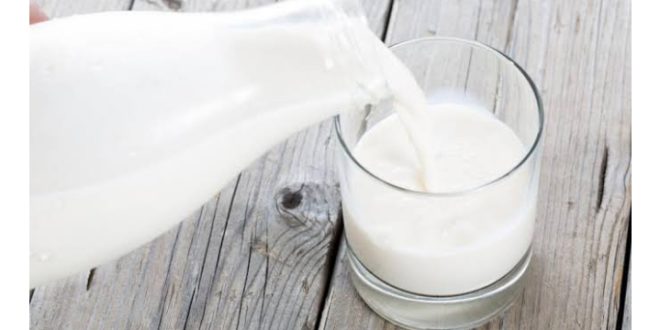All males are known to experience prostate growth, which typically starts around the age of 25 and lasts for the rest of a man’s life.
Benign prostatic hyperplasia, often known as prostate enlargement, occurs in many men, according to Webmd.
Although it is more common in males over the age of 50, it can begin to manifest in some men as early as their thirties. WebMD’s Dan Brennan says that symptoms of prostate enlargement might occasionally mimic those of prostate cancer.
Scientists estimate that half of all men in their fifties and sixties experience symptoms consistent with prostate enlargement, which can significantly impact quality of life. Prostate enlargement, on the other hand, affects 90% of men aged 80 and more. So, what are the most well-known signs of a swollen prostate? Here are the examples:
Pressing Urination, which needs to be done quickly and frequently.
Challenges passing urine secondly.
Dribbling and incontinence.
UTI-related pain
Undetected bladder retention of urine.
After discussing some of the common signs of a swollen prostate, it’s important to note that just because you have an enlarged prostate does not imply you have to put up with the symptoms forever.
This is so because a variety of things, including modifications to your way of life and your medicine, can help.
Keeping that in mind, here are a few strategies for mitigating the impact of a swollen prostate
First, make sure you’re getting enough physical activity.
Webmd states that the health benefits of exercise extend to the prostate as well, with more vigorous exercise associated with a lower risk of prostate enlargement.
In order to stop pee leakage, you should work on strengthening your pelvic muscles using exercises like Kegels.
The second is to take it easy.
If you suffer from the uncomfortable symptoms of an enlarged prostate, one strategy you can try is to take your time whenever you have to go to the restroom.
For this to work, you’ll need to let your muscles loose and prepare for the possibility of delayed urine and dribbling. This will help you avoid uncomfortable bladder stones and urinary tract infections.
Lessen your intake of alcohol and coffee.
You should also limit your intake of alcoholic and caffeinated drinks, which can irritate the bladder and increase the frequency with which you need to urinate.
Carelessness over time might lead to a weakened bladder muscle and greater stimulation of the kidneys. As a result, cutting back on your consumption of booze and caffeine is advised.
Tolerate similar drugs instead
You should also tell your doctor about any nonprescription drugs you take, as Webmd reports that some of them can make the symptoms of prostate enlargement worse.
You should, therefore, limit your use of medications including tranquilizers, antihistamines, decongestants, as well as diuretics.
Things to stay away from in the kitchen
Medicalnewstoday’s Nicole Galan writes that the effects of certain foods and beverages on testosterone as well as other hormones have led researchers to conclude that they may have an effect on prostate health. So, here are some examples of foods you should stay away from:
1. Red meat
Research has found that avoiding red meat is associated with better prostate health, reports Medicalnewstoday. The risk of prostate enlargement is thought to be tripled for men who eat meat every day.
2. Dairy
Milk, butter, and cheese, along with other dairy foods, are known to greatly increase the likelihood of prostate enlargement if consumed on a daily basis. It is therefore thought that limiting consumption of these foods can ameliorate the effects of prostate enlargement.
3. Caffeine
Caffeine is thought to have diuretic properties, meaning it can increase the frequency, volume, and intensity of your urge to go to the bathroom. As a result, if you suffer with BPH, cutting back on caffeinated beverages, sugary drinks, and chocolate may assist.
4. Alcohol
Because alcohol increases urination, avoiding it altogether may be recommended for those suffering from the symptoms of an enlarged prostate. Therefore, abstaining from alcohol can alleviate your symptoms.
5. Salt
The urinary symptoms of a swollen prostate can be alleviated by reducing your salt intake, as this is connected to an increase in these symptoms.
 Home Of Ghana News Ghana News, Entertainment And More
Home Of Ghana News Ghana News, Entertainment And More





